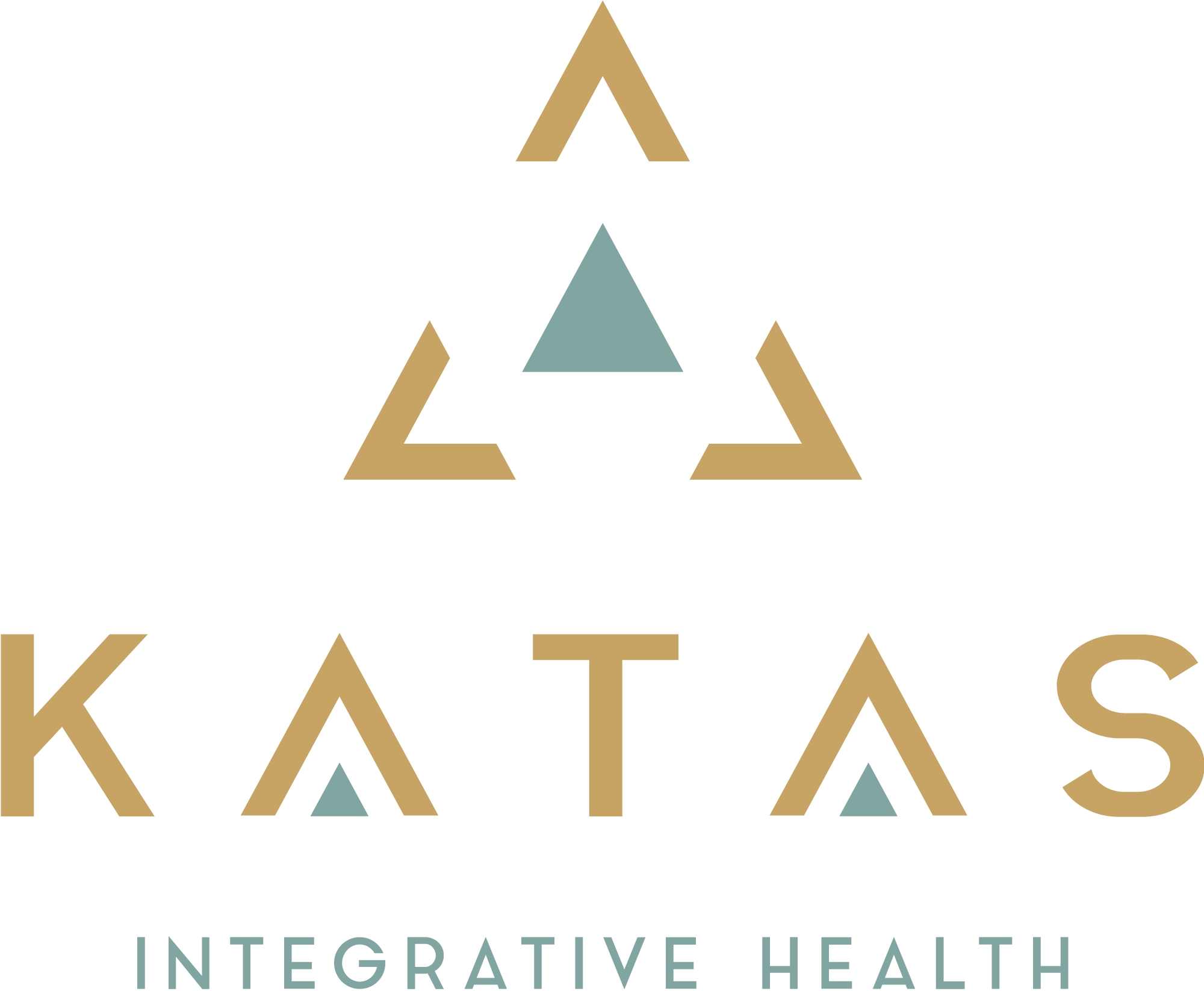It’s not difficult to give up dairy, there are good alternatives
Based on the research and my experience practicing Functional Medicine, I typically advise most of my patients to avoid dairy products completely. I like ice cream and cheese, but as a doctor, I have to look honestly at what we know.
Lactose
The majority of humans naturally stop producing significant amounts of lactose — the enzyme needed to properly metabolize lactose, the sugar in milk — sometime between the ages of two and five. In fact, for most mammals, the normal condition is to stop producing the enzymes needed to properly digest and metabolize milk after they have been weaned. Our bodies just weren’t made to digest milk on a regular basis. Instead, most scientists agree that it’s better for us to get calcium, potassium, protein, and fats from other food sources. These include whole plant foods — vegetables, fruits, beans, whole grains, nuts, seeds, and seaweed.
Here is a summary of what research is saying about dairy
• There’s no evidence that dairy is good for your bones or prevents osteoporosis — in fact, the animal protein it contains may help cause bone loss!
• Linked to many types of cancer such as prostate cancer.
• Full of saturated fat and is linked to heart disease.
• It causes digestive problems for 75 percent of people with lactose intolerance.\
Aggravate irritable bowel (and really any GI issues).
• Underlying contributor for almost every skin condition (eczema, psoriasis, acne, ect…remove dairy, and the skin dramatically improves.)
• Full of added hormones, pesticides, and insulin-like growth factor (feeds cancer, causes sugar dysregulation). If you think your saving grace is organic dairy, that’s not the case. Yes, raw, whole, organic milk eliminates concerns like pesticides, hormones, antibiotics, and the effects of homogenization and pasteurization — but to me, these benefits don’t outweigh dairy’s potential risks.
As you work on giving up dairy, which includes the elimination of milk, cheese, yogurt, and ice cream for two weeks and determines if you feel better. You should notice improvements if you have symptoms such as sinuses, post-nasal drip, headaches, irritable bowel syndrome, energy, and weight gain.
Here are some ways to get you started in phasing out dairy but add healthy and tasty substitutes.
We all know that to make a change sometimes takes time but when you think there is a desire to have dairy try these mental tricks:
- When you crave cheese, remember WHY you’re cutting out the dairy: to feel better, to look better, or to live better (with more energy and zest) than you do right now.
- Remind yourself that living that better way will bring you more pleasure than that bite or two of dairy.
- Start simple — pick one of the above dairy substitutes in the chart and keep with it for a week or two. When that feels easy, add another. Then another. Keep going until you’re dairy-less and energy-full!

PhotoMix Photos
Remember, dairy is NOT crucial for good health. It is inflammatory and therefore damaging to health. I encourage you to go dairy-free and see what it does for you.
Helpful Resources to make the transition
mindbodygreen.com
Eating Bird Food Dairy-Free Recipes
Go Dairy Free
Contact Dr. Popp to schedule a nutritional session on how to live a Dairy-Free life




